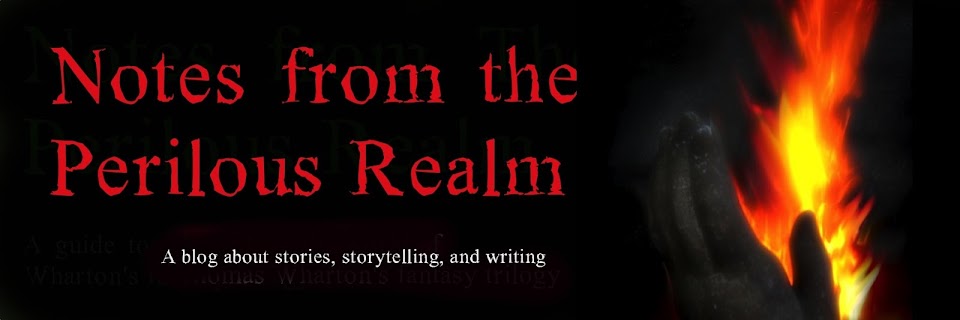There is no greater agony than bearing an untold story inside of you.
– Maya Angelou
The Bad Guy in The Shadow of Malabron is Malabron himself, the Night King. He calls himself the Lord of Story, and believes he is the right and true ruler of the entire Realm. Malabron’s goal is to “eat” every story, so that only one story will remain: his own story, a nightmare of absolute power. If he succeeds in this he will obliterate the past, so that no one will even remember there were stories other than his. And he will destroy the future, so that no one will be able to imagine other possible stories that could be told, or lived.
While I was writing Shadow of Malabron, the word “destroy” often came up in scenes where the characters talk about Malabron’s threat to the Realm. I am a fast typer but not always accurate, and I often found myself typing the word “destroy” as “destory.” This annoyed me until I realized that this is exactly what tyrants do (in the real world as well as fantasy novels). When they set out to destroy opposition, or freedom, or independent thought, one of the things they go after is story. Take away someone’s story, or their ability to tell their story, and you take away much of who they are and their freedom to imagine that things could be different. This is truly to de-story someone.
A real-world example: the absolute control that North Korea’s dictator Kim Jong-il holds over the media – newspapers, television, radio and the internet. The people of this country are prevented from reading or hearing stories other than the official ones that the government puts forth. On television they are fed a steady diet of reports about their wonderful leader and all of the wonderful things he has been doing for their country. Dissent is punished, so no one dares tell their own alternate story of how things really are in that country.
The people of North Korea are being systematically “de-storyed.”
Any kind of deliberate human destruction is also a destorying, in one way or another. When a forest is cleared, countless life “stories” of the creatures that live there may be lost. When a child soldier dies in war, his or her story is over before it has barely begun.
De-storying imposes an absolute “The End” on stories that still might have grown in unexpected ways. Human beings are creatures that tell stories. We live and breathe stories. Truly we need them to survive. To be prevented from telling your story is, as Maya Angelou points out, a great agony. A killing silence.
So now when I type the word “destroy” and it comes out “destory,” I still correct it, but the mistake serves to remind me of the deep connection between destruction and the loss of story.


No comments:
Post a Comment